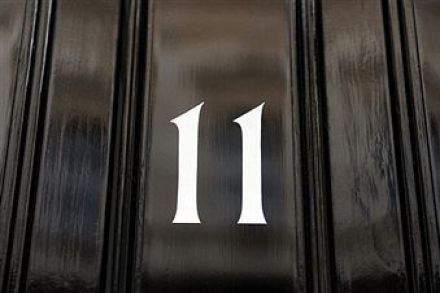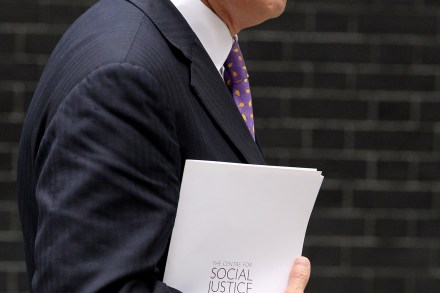Why infrastructure isn’t a magic tonic for the economy
Growth plans are a high growth industry — with every day bringing yet another set of ideas, from one quarter or another, for how the government can fix the economy. And one suggestion pops up quite frequently in all these plans: bring forward spending on infrastructure. This is often presented as a simple thing to



















